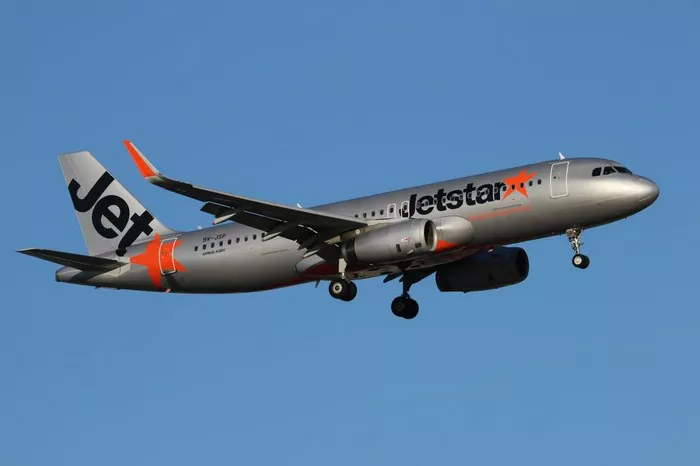Qantas Group has announced it will permanently shut down Jetstar Asia, its Singapore-based low-cost carrier, by July 31, 2025. The airline cited rising operating costs, fierce competition from regional rivals, and ongoing financial losses as reasons for the closure.
Since launching in 2004, Jetstar Asia connected major Southeast Asian cities from its base at Singapore Changi Airport. At its peak, the carrier operated over 180 weekly flights and served more than 2.3 million passengers annually. Despite its popularity, Jetstar Asia faced stiff competition from airlines like AirAsia, Scoot, and Cebu Pacific, along with rising expenses such as fuel, airport fees, and aircraft leasing.
Qantas expects Jetstar Asia to report a pre-tax loss of approximately SGD 29.3 million this fiscal year. Although passenger numbers recovered after pandemic disruptions, it wasn’t enough to offset growing costs. The airline will gradually reduce flights until its final shutdown in July 2025. Passengers with bookings will receive refunds or rebooking options through other Qantas Group carriers.
The closure affects about 500 employees. Qantas is exploring redeployment opportunities within its Australian and New Zealand operations. Jetstar Asia’s fleet of 13 Airbus A320s will be redirected to meet growing demand in these markets.
Industry analysts say Jetstar Asia’s exit reflects the intense competition and narrow margins in Southeast Asia’s budget airline sector. The move allows Qantas to focus on more profitable routes and investments, particularly in Jetstar Japan and premium long-haul services through Singapore.
Jetstar Asia’s departure ends a 21-year chapter of affordable regional travel and highlights the challenging landscape of modern aviation in one of the world’s most competitive markets.


